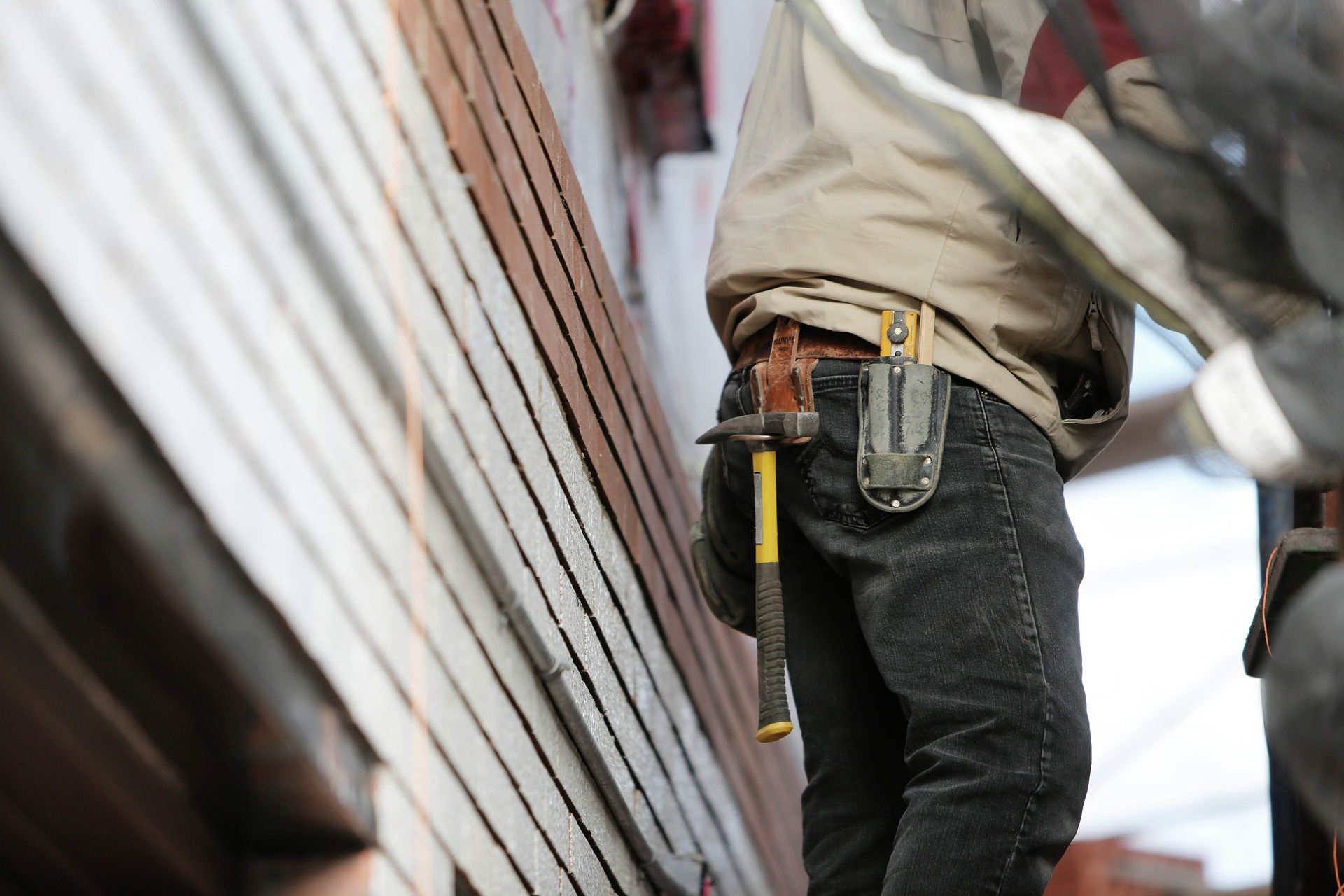Updated: May 17, 2024
Becoming a general contractor in Oregon may seem a little daunting, but don’t worry – we can help! The following blog post will take you through the process of becoming an OR contractor, answering top questions while introducing you to helpful resources that the team at Northwest Lien offers general contractors. We’ll not only help clarify what exactly a general contractor is, but we’ll walk you through, step by step, the process to obtain your license, including the price and expected timeline. We’re not lawyers, but we work with attorneys and contractors enough to be familiar with the process — let’s get started!
Working in Washington? Learn how to become a general contractor in Washington.
In Oregon, a general contractor is defined as an individual who supervises or completes the combination of at least two unrelated building crafts — in whole or in part, on a single property, including materials and labor. This does not include specialty contractors or limited contractors. More generally, an Oregon general contractor is the party that has the responsibility to oversee a construction project who is entered into the prime contract with the property owner.
So, who needs an Oregon Contractor’s License? The following common jobs fall under Oregon’s definition of “construction or improvement” that require a license, as listed on the Oregon Construction Contractors Board (CBB) website:

There are also a number of exceptions to the licensing requirement, including:
Typically, if a real property is being improved in a significant way, someone there needs to be registered and licensed as a contractor in the state where construction is completed.
The short answer? It’s illegal in Oregon to work as a contractor without a license, and you can be publicly fined for it. A public fine is not only unfortunate from financial and legal perspectives, but also from a marketing perspective; we know contracting can be a competitive market, and customers will most often opt for contractors who are properly licensed over those with public complaints filed against them. When it comes to your business and the law, it’s best to play it safe.
In addition to risking fines, unlicensed contractors also forfeit one of the best business protections available in construction: the right to file a mechanic’s lien in Oregon. Mechanics’ liens, also known as construction liens, protect licensed contractors with the right to force the sale of the property if a property owner holds out on payment. Protect yourself in the future by registering with the state now!
To become a general contractor in Oregon, you must complete the required pre-license training. In order to obtain your Construction Contractors Board (CCB) license, you must be at least 18 years old and have completed 16 hours of training on law and business practices. You must also pass an Oregon State test.
Following the successful completion of your pre-license training, you must decide on a business name (the fun part) and file your business name on the Secretary of State website, regardless of what kind of business you’re starting. You’ll also need to determine your endorsement type at this point.
After registering your business name, your next step is to purchase an Oregon CCB Surety Bond, which is a type of license and permit surety bond required to become a general contractor in Oregon. It’s important to note that this surety bond is not the same as insurance. In fact, it’s protection for the State of Oregon, promising that you will follow all of the state’s rules and regulations during the conduction of your work.
To complement your surety bond, you must get proof of general liability insurance. The most important parts of this step are ensuring that your policy names the Construction Contractors Board as the certificate holder, and choosing the correct bond amount for your chosen endorsement.
If you’re going to hire employees, you must also file for workers’ compensation insurance to protect yourself and your workers on the job. You’ll also need to provide an Oregon Business Identification Number (BIN) and a Federal Employer Identification Number (EIN).
Finally, you’re ready to complete your Oregon Contractor’s License application and submit it to the Oregon CCB — so close to becoming a licensed contractor in Oregon! A complete application contains:
Getting your contractor’s license in Oregon is relatively affordable: it costs $325 for a two-year license. The required pre-license training can cost anywhere $23 to ~$550, depending on factors like the location, included study materials, and language. However, it’s important to also factor in other expenses, especially related to creating a legal business structure, like an LLC or an S-corporation, in addition to insurance and surety bond costs. Exams and training required to become a contractor may incur further costs. Though it likely won’t break the bank, the cost to become a contractor will require a careful review of your finances.
Becoming a general contractor in Oregon takes roughly 3–7 years, depending on the person’s experience and education path. Contractors who are already experienced in the field can rely on their work experience to become licensed, having learned on the job over several years. Similarly, those who attend trade schools or take apprenticeships can also use their hands-on experience as qualifications. Oftentimes, individuals who choose either of these paths can become GCs in under 5 years.
Alternatively, individuals can opt for a more academic route, getting bachelors’ or even masters’ degrees in related fields, like construction management. Mirroring the duration of study for each degree, those with bachelors’ degrees can become a licensed contractor in 4 years, while those pursuing a master’s degree may take closer to 7 years to achieve their license.
Remember those mechanics’ liens we mentioned? Well, Northwest Lien files mechanics’ liens and preliminary notices electronically for licensed contractors in Washington and Oregon — oftentimes, in as little as 48 hours.
As the regional lien experts, our team is here to support you through the process from choosing which type of lien to file for non-payment of funds owed to you to lien filing to collecting your money. Clients know you mean business when they see you have filed a construction lien through Northwest Lien; in fact, we’re especially proud of our record of obtaining an average of $5 million dollars on behalf of clients each year. If you find yourself in need of a lien, contact us or create a free account today to begin sending liens and notices quickly and accurately with Northwest Lien.

